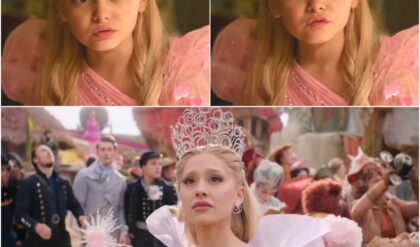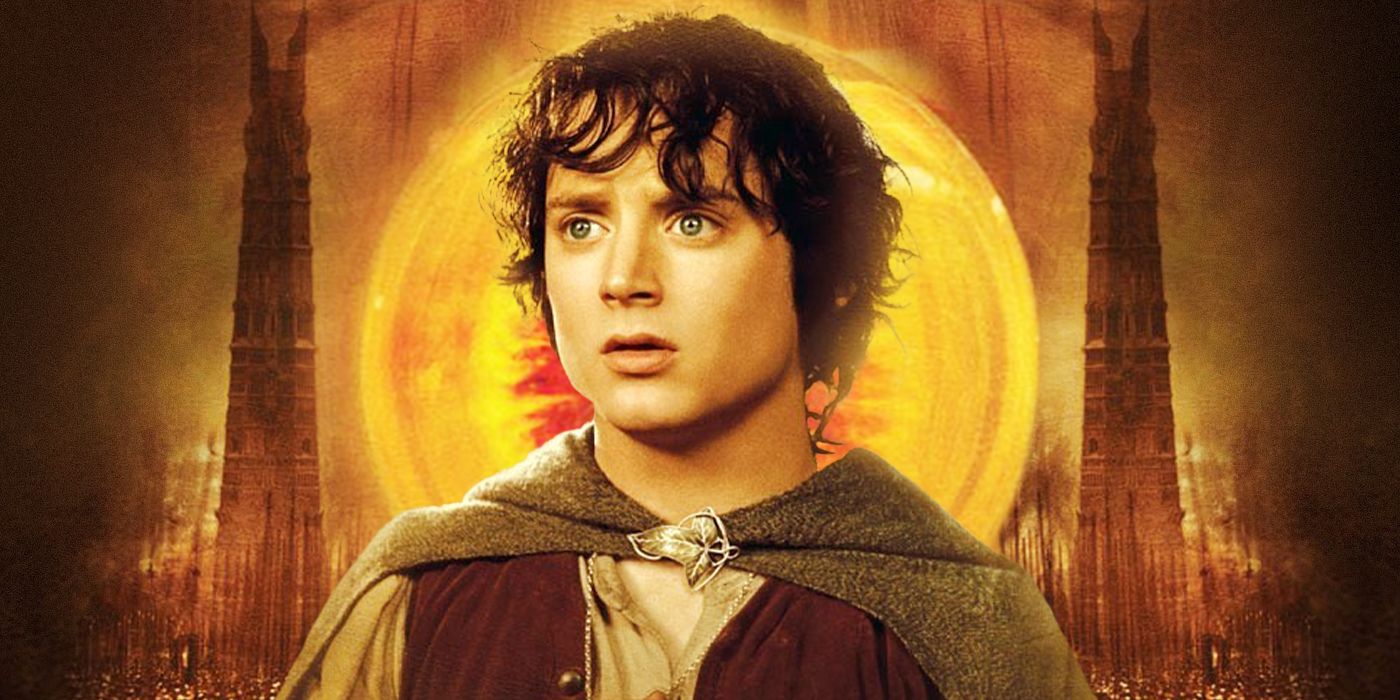
When Gandalf (Ian McKellen) says, “I will not say do not weep, for not all tears are evil,” in The Lord of the Rings: The Return of the King, most of the people watching are already crying profusely. The ending sequence of the third movie in Peter Jackson‘s trilogy is a bittersweet moment, starting with Aragorn (Viggo Mortensen) ascending to the throne of Gondor but concluding with Frodo (Elijah Wood) and Gandalf leaving Middle-earth behind for Valinor. The Hobbits go back to the Shire, and the Fourth Age begins. But what exactly happens in Middle-earth after Sauron’s final defeat? Fortunately, J. R. R. Tolkien explored more of Middle-earth’s future, providing an answer to how the world moved forward.
The Age of Men Begins With Aragorn as the New King of Gondor
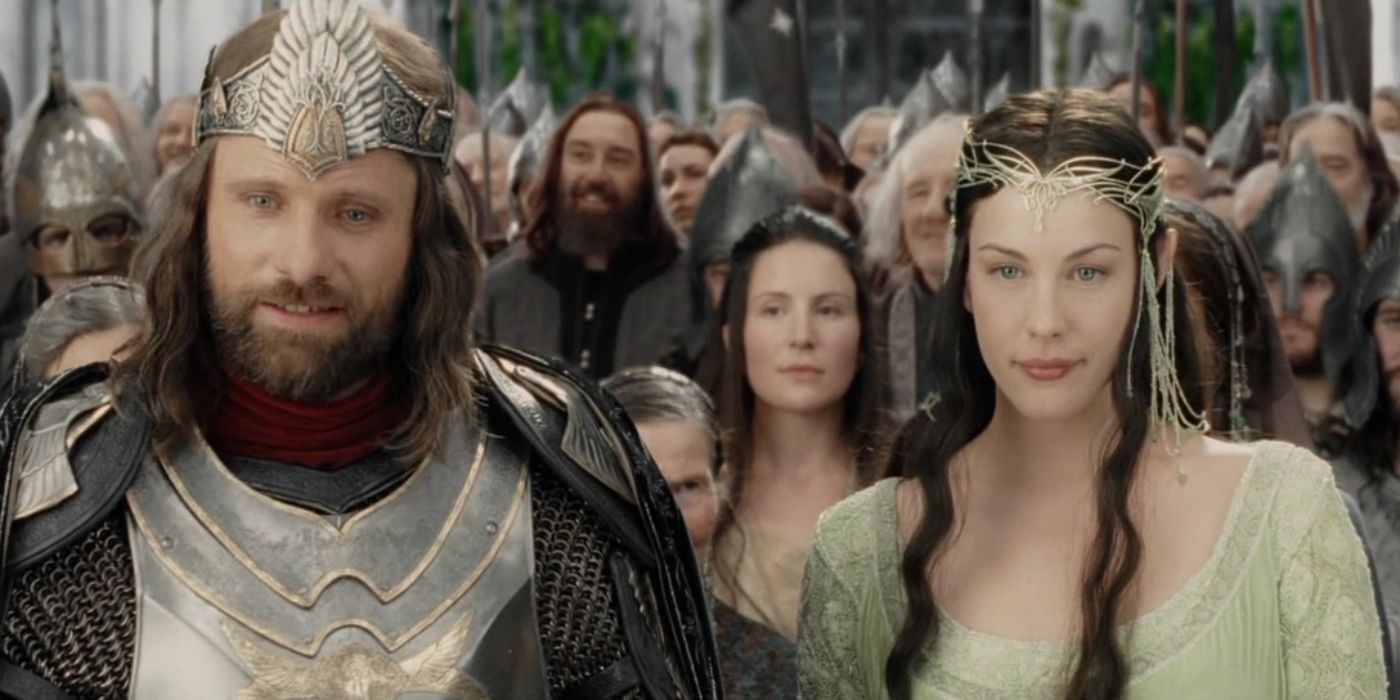
In The Return of the King, Gondor is a decadent kingdom trying to maintain its diminished reach and influence over the South. Boromir (Sean Bean) and Faramir (David Wenham) accomplish great victories during the War of the Ring, but their father, the steward Denethor (John Noble), isn’t as keen as his sons to see Gondor relive its glory days. After Denethor falls in the Battle of the Pelennor Fields, Aragorn is thrust upon the throne, the context demanding the strong and inspiring leadership that only the true heir to the line of Elendil and Isildur can provide.
In the movies, Aragorn is always hesitant about the idea of fulfilling his destiny as the heir to the throne of Gondor, but in the books, this is a goal he has in mind from day one. He speaks about it all the time, even though Boromir is right next to him in most cases. Either way, Aragorn becomes the new king, the first Gondor has had in centuries after the line of Isildur was broken. As King Elessar, he marries the love of his life, Arwen (Liv Tyler), and they have a son, Eldarion, and two daughters. His rule lasts for 120 years, after which Eldarion inherits the throne.
Aragorn’s rule is a time of peace and cooperation, strengthening the bonds of his realm with Rohan, now ruled by King Éomer (Karl Urban). The last remnants of Sauron’s influence in Rhûn and Harad are also defeated, and Aragorn even concedes lands by Lake Núrnen, inside what used to be Mordor, for the Easterlings to settle and live peacefully. He also re-establishes the ancient realm of Arnor in the North and becomes the High King of both, ensuring protection for the Shire. These actions make the beginning of the Fourth Age of Middle-earth a period of peace and prosperity, but it’s unknown how long this lasts since Tolkien didn’t delve much deeper into it in his writings.
The Dominion of Men Means Magic Slowly Fades From Middle-Earth

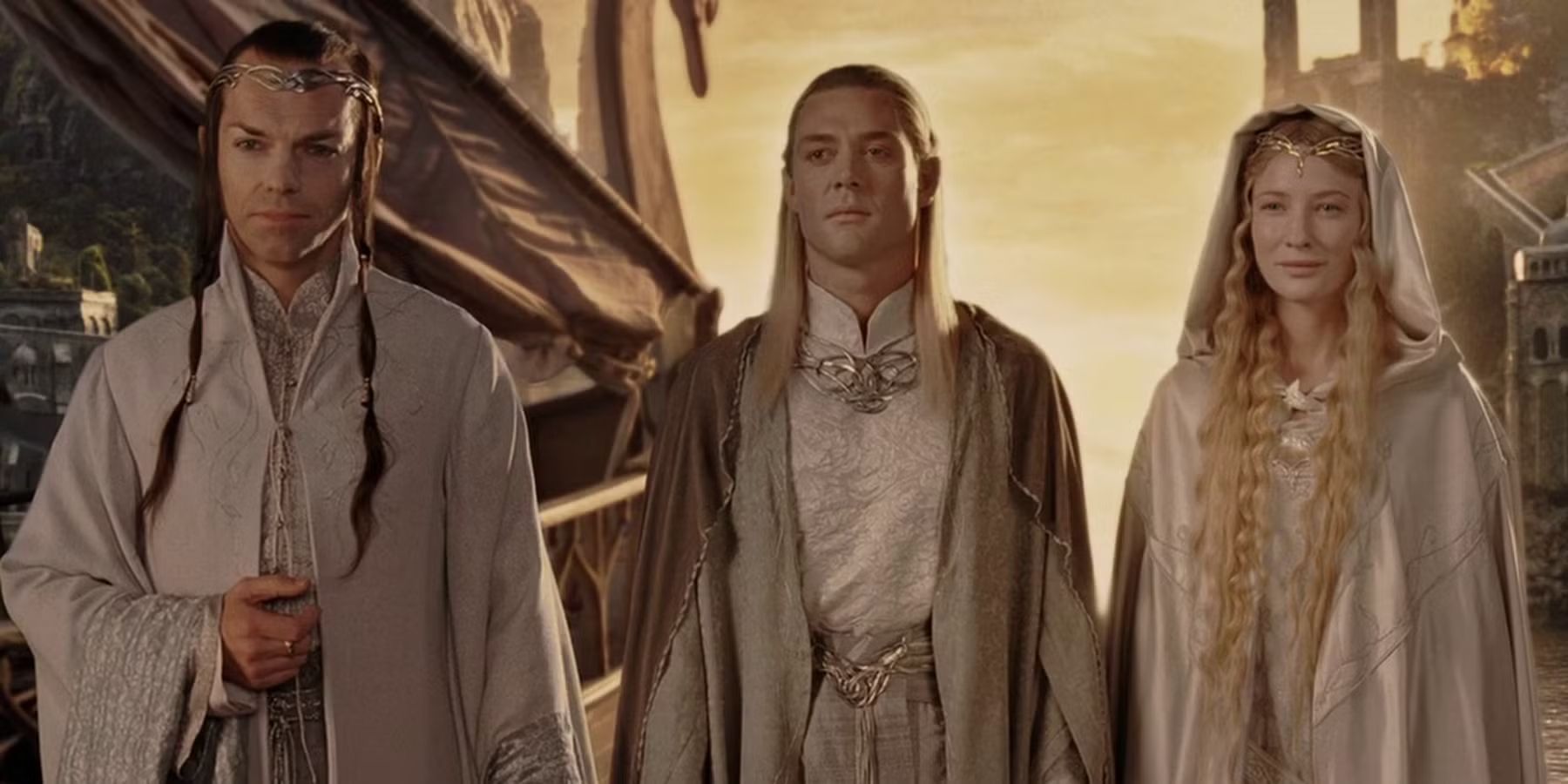
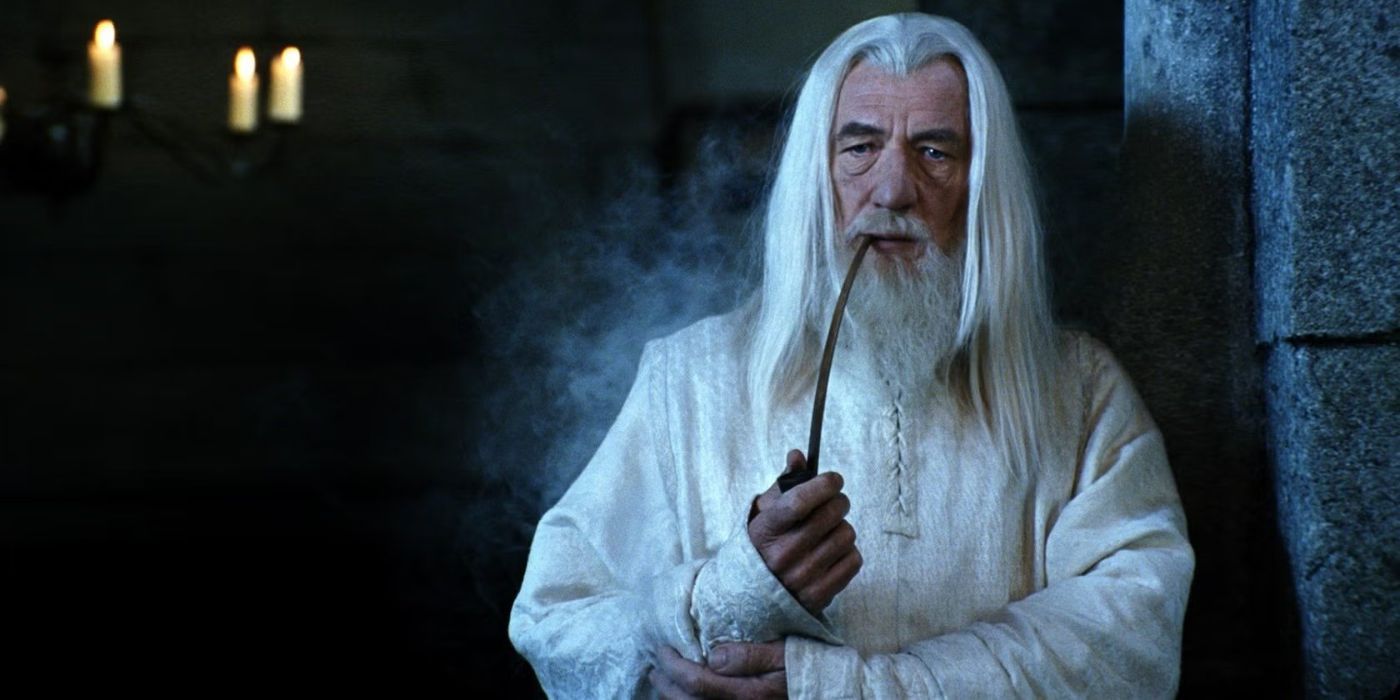
.jpeg)
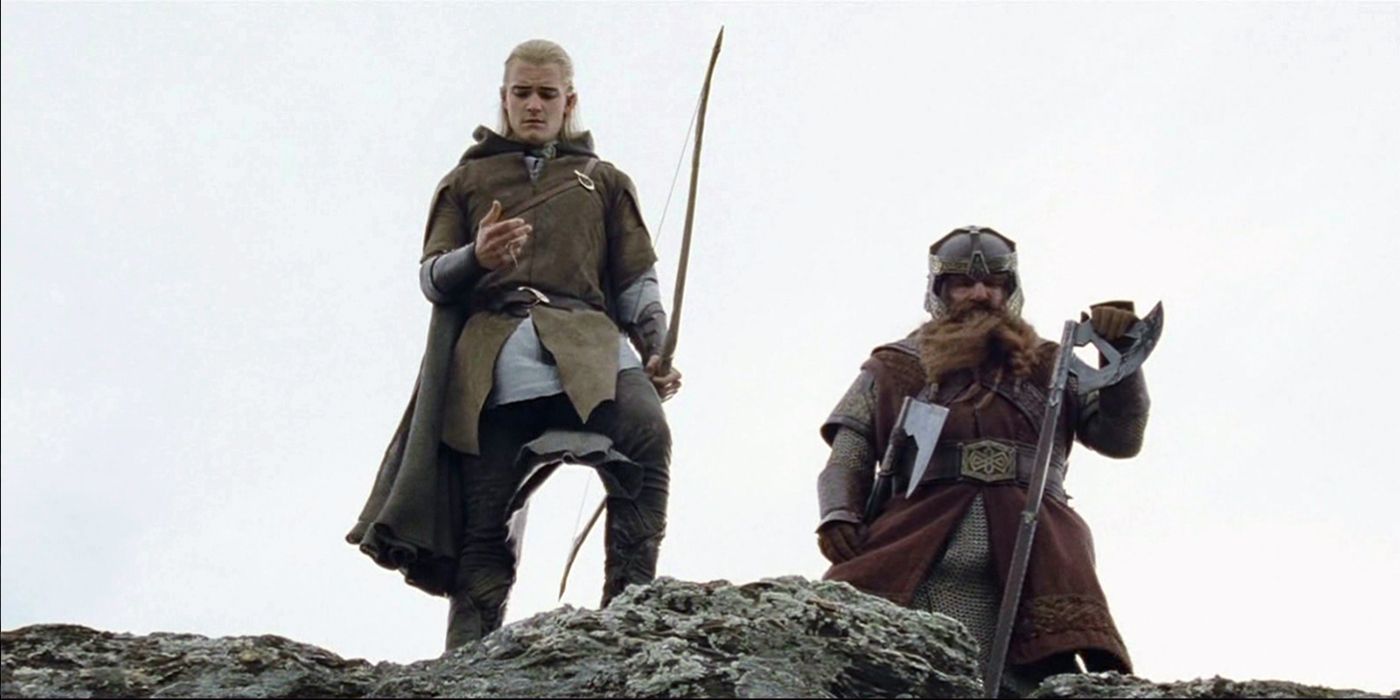



.jpeg)

In the Second Age, a main concern among the Elves was the fading of the Light of the Eldar, an analogy of the magic inherent to Middle-earth at that point. To tackle this issue and prevent them from fading, they forged the three Elven Rings, as shown in The Lord of the Rings: The Rings of Power. These rings allow the Elves to keep their light from fading, but all Rings of Power are tied to the power of the One Ring, forged by Sauron. Once the One is destroyed in The Return of the King, the Rings of Power lose their powers and become simple heirlooms of a time when magic was still alive in Middle-earth.
Because of this, the Elves, like Galadriel (Cate Blanchett) and Elrond (Hugo Weaving), must leave Middle-earth and go to the Undying Lands of Valinor. With the Light of the Eldar diminishing, places like Rivendell and Lórien gradually fade, becoming distant memories. Other races, like the Dwarves and Hobbits, slowly vanish, too. Dwarves initially cooperate with Men, but a few centuries into the Fourth Age, they eventually lose interest in the affairs of the surface and keep to themselves under their mountains. The same goes for Hobbits, who, according to Tolkien, still exist in the distant countryside and avoid any interaction with humans.
As for the members of the Fellowship of the Ring, Samwise Gamgee (Sean Astin) marries Rosie Cotton (Sarah McLeod), and they have a large family. He, Merry (Dominic Monaghan), and Pippin (Billy Boyd) become mayors of their respective corners of the Shire and also serve as advisors to King Elessar. Sam eventually is allowed into Valinor to spend the rest of his days with Frodo, while Merry and Pippin are laid to rest beside Aragorn in Minas Tirith. Legolas (Orlando Bloom) and Gimli (John Rhys-Davis) also depart for Valinor, making Gimli the only Dwarf allowed into the Undying Lands.
Tolkien’s World Continues All the Way Into the Seventh Age
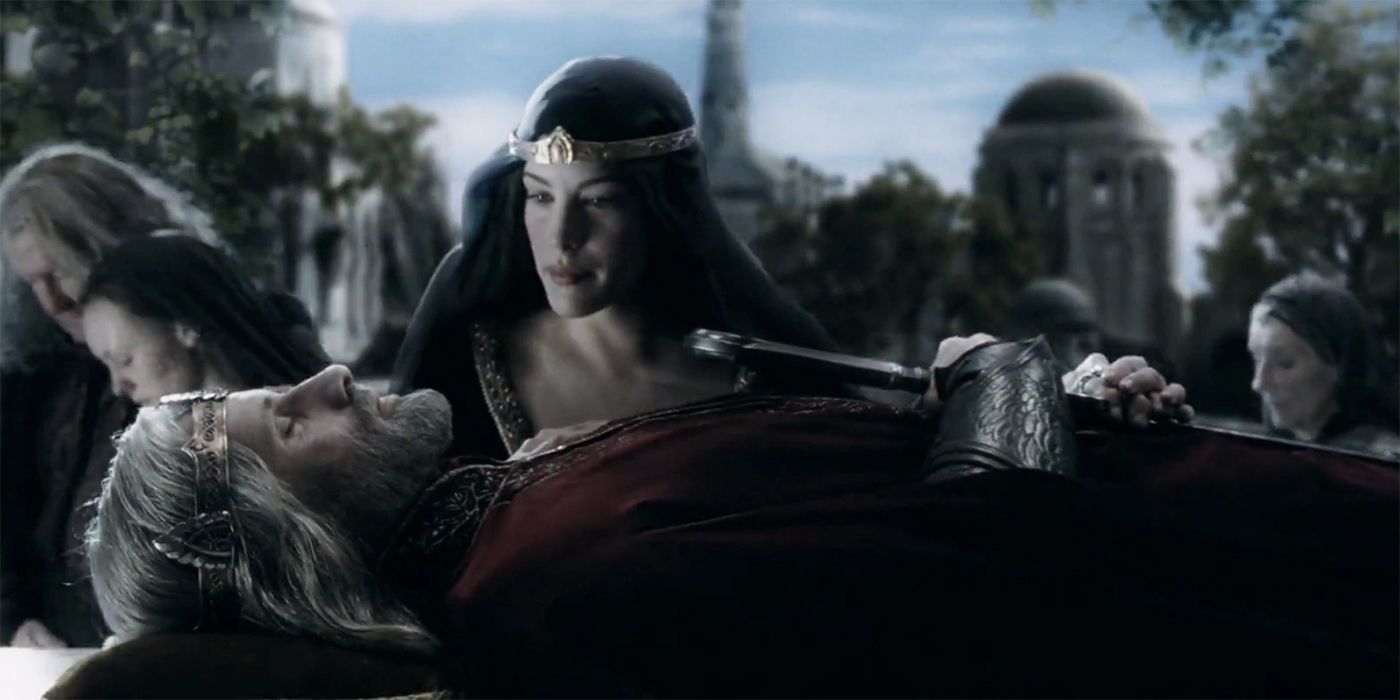
As emotional as it is thinking about Middle-earth after The Lord of the Rings, something that Tolkien makes clear in his writings is that it’s supposed to be the distant past of our own world. These events all took place, and Arda (the world) went on after the Fourth Age. In Letter 211 and in The Nature of Middle-earth, though, Tolkien concludes that the passing of the ages has “quickened” and that the world is now in the Seventh Age. What happens in the Fifth and Sixth Ages is not known, but the ages of Middle-earth usually end with the defeat of a Dark Lord, so that’s a safe bet.
An interesting passage in Tolkien’s tales is the Athrabeth Finrod ah Andreth, a section in the book Morgoth’s Ring. This is a conversation between the Elf Finrod Felagund (played by Will Fletcher in The Rings of Power) and the human woman Andreth, in which they debate topics like mortality and the nature of the divine. Finrod believes that understanding these issues is beyond Elves, Men, and even the Valar, and following that, Andreth mentions the ancient Edain prophecy of the Old Hope. This is a deeply profound belief that some humans hold regarding a possible future intervention by Eru Ilúvatar (who is really God) to heal the world and undo the damage caused by Morgoth’s corruption. It says that one day, Eru might enter into Arda directly to bring about the redemption and restoration of the world.
This concept resonates with Tolkien’s own Christian beliefs, particularly the notion of incarnation – the idea that God could take human form to heal the world – which parallels the Christian understanding of Jesus Christ. Though the Athrabeth does not explicitly connect this hope with any specific religious doctrine, Tolkien’s theological ideas subtly influence this vision of divine intervention. He even conceived an alternative idea for the Apocalypse, the Dagor Dagorath, after which comes the reshaping of Arda, although his son, Christopher Tolkien, mentions in Morgoth’s Ring that he later abandoned these ideas. So, if we take Tolkien’s concept literally, it would imply that Middle-earth is still going, now as the world we live in, and we are dealing with the corruption of Morgoth. Eru has already entered the world, and what happens next would seem to be in our hands.
The Lord of the Rings: The Return of the King is available to stream on Max in the U.S.



